Have you ever heard of the term ‘oral microbiome’? You may have heard about the role “good” bacteria plays in gut health. But did you know your mouth also has good and bad bacteria? Both your gut and stomach have what is called a “microbiome” that impacts your health. Microbiomes are a community of hundreds of billions of microorganisms. This community helps keep your systems healthy, including your digestion, blood pressure, metabolism, and of course your teeth and gums.
There are anywhere from 300 to 700 different microbial species present in your mouth, second only to your gut. However, you have to keep the right balance of species to maintain both your oral health and overall health. Here we look at how to balance your oral microbiome to optimize health.
Good vs. Bad Species
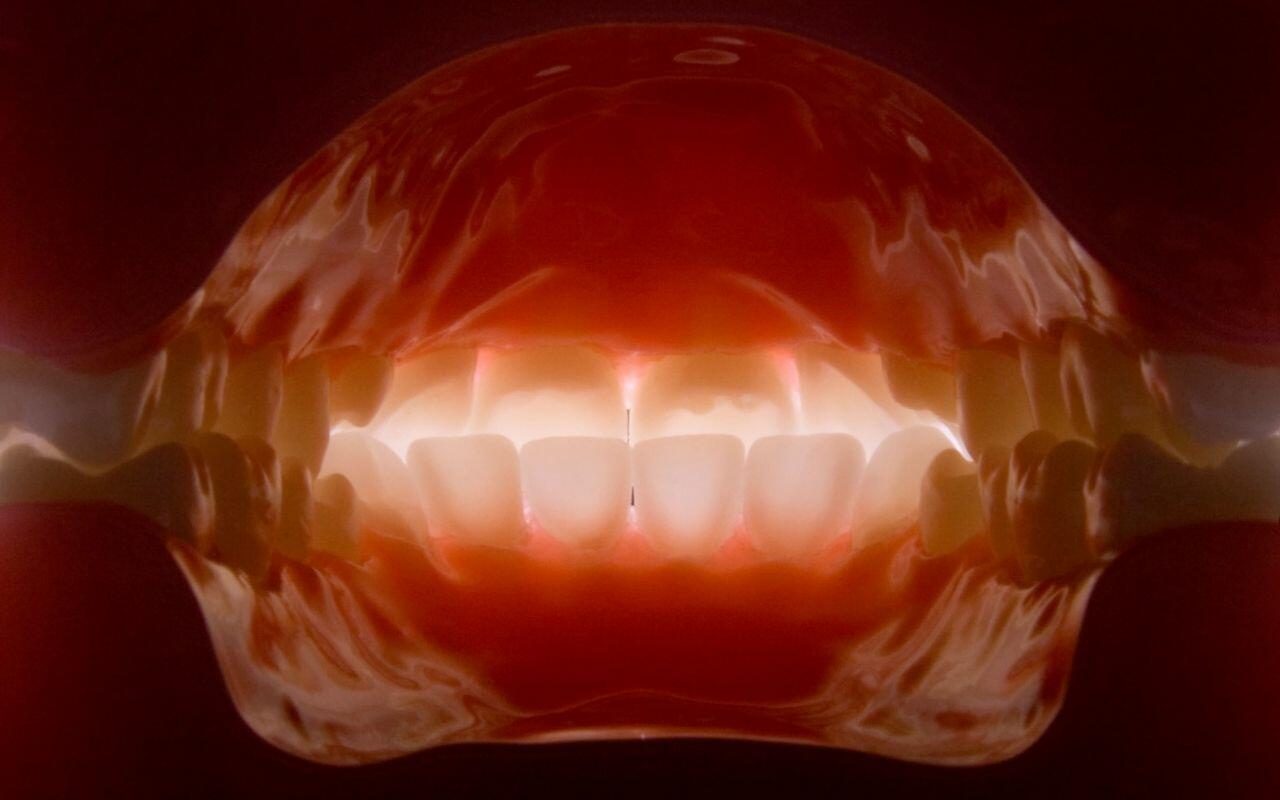
Your oral microbiome hosts both good and bad microorganisms. This includes yeast, viruses, and fungi such as Streptococcus and Corynebacteria. These species are found in eight areas of your mouth:
- Tongue
- Palate
- Tonsils
- Sub- and supra-gingival plaque on teeth
- Keratinized gingiva
- Buccal mucosa
- Throat
- Saliva
They create a complicated, symbiotic ecosystem with each surface providing a home for various species. The species choose the best surface to help them survive. For example, plaque and your tongue tend to be quite dense with high numbers of microbes that thrive in these specific environments. That is why it is so important to brush, floss, and see your dentist regularly.
How Your Oral Microbiome Affects Your Health
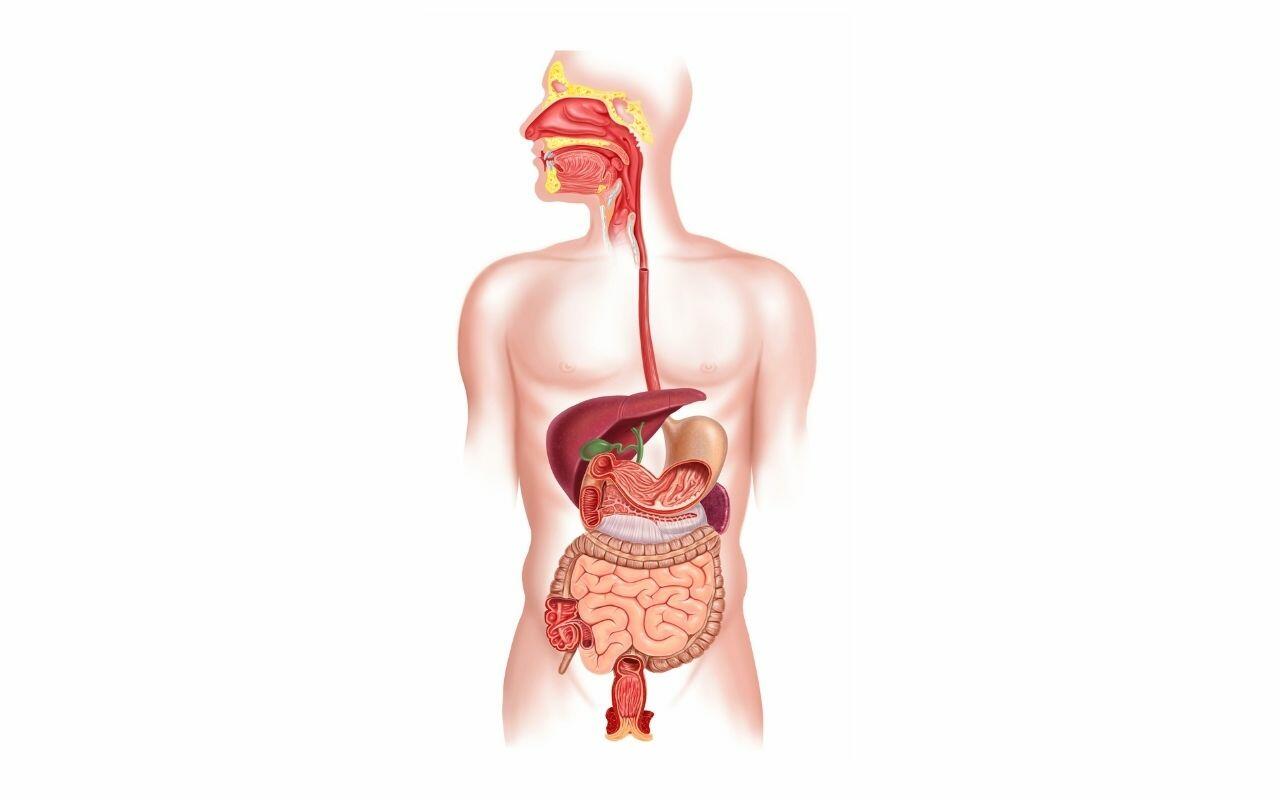
Microbiomes are found throughout nature, not just the human body. When it comes to health, the hundreds of bacterial species in your mouth assist with various functions including digestion. However, bad species contribute to issues that can lead to tooth decay or gum disease. They can even increase the risk for infections and some types of cancer.
Positive effects on your health include:
- Assisting in the digestive process, such as breaking down food and turning food into nutrients and energy
- Improving metabolic processes to support healthy blood pressure
- Facilitating remineralization of the teeth
- Providing oxygen to the gums and other oral soft tissues
- Fighting oral infections
- Preventing inflammation
- Removing waste from your mouth
On the negative side, some of the microorganisms can contribute to serious health issues impacting reproduction and the heart. The more bad bacteria in your oral microbiome, the more risk that it will enter your gut, blood, and other areas of your body.
Tips To Balance Your Oral Microbiome
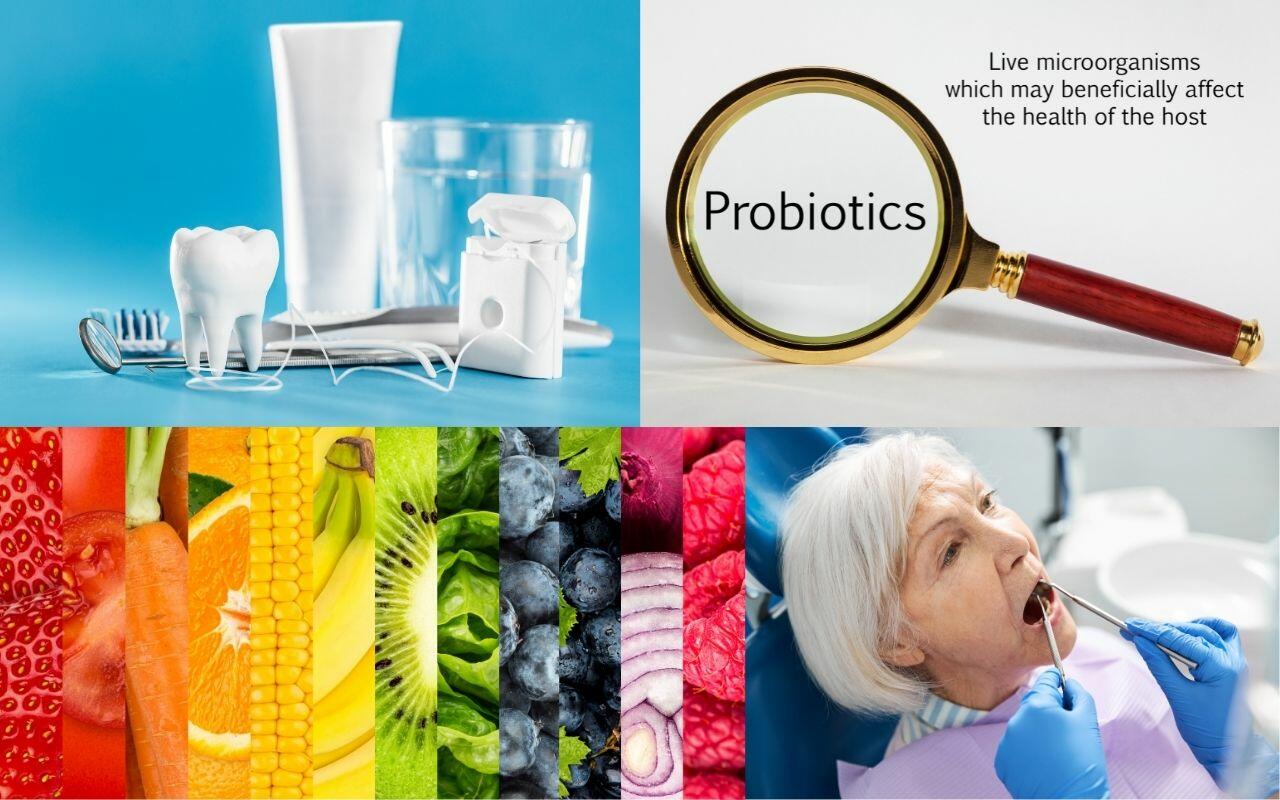
In order to help your microbiome, you want to maintain homeostasis. This state helps keep microbes from unhealthy behaviour that can lead to disease and infection. If you don’t maintain a healthy microbiome, you develop dysbiosis which negatively impacts your health. However, you can balance your microbiome with these tips:
Improved Oral Hygiene
Following a strict oral hygiene regime helps support a happy balance for your oral microbiome. However, you can’t overdo it. Brushing twice a day and flossing is ideal. Overbrushing or using too many products can actually do more harm than good as this can kill the good bacteria needed for a healthy microbiome. Avoiding detergent-based toothpaste and mouthwashes with alcohol help maintain homeostasis. We can recommend the best products to support oral microbiome balance.
Probiotics
Probiotics are recommended for a healthy gut microbiome but can also help with your oral microbiome as well. Supplements and foods such as yogurt promote friendly bacteria, creating a biofilm that protects your teeth and gums. Probiotics reduce gum inflammation and keep bad bacteria from penetrating your enamel. You’ll help maintain a healthy pH balance, stopping decay and also making your saliva healthier to promote enamel remineralization.
Nutrient-Dense Foods
A nutrient-dense diet helps good bacteria thrive. Eating foods that reduce inflammation and are high in antioxidants helps support oral health, such as:
- Greens
- Fresh fruit including berries and citrus
- Cruciferous veggies such as broccoli and cauliflower
- Fresh vegetables
- Organic meats and poultry
- Organic eggs
- Wild-caught fish
- Fermented foods like yogurt, pickles, kombucha, kimchi, sauerkraut, etc.
- Onions, leeks, and garlic
- Healthy oils like olive or avocado
- Seeds and nuts
- Plenty of water
- Tea and coffee
Avoid sugar, refined carbohydrates, and packaged or fast foods as they help bad bacteria thrive.
Promote Saliva Production
A decrease in saliva affects your microbe population. Saliva carries minerals like calcium and phosphorus to your teeth enamel but can also become more acidic and change the balance of your oral ecosystem. Avoiding stress and getting more exercise can help maintain healthy saliva production and also reduce inflammation. Boosting circulation helps with the detoxification of your lymphatic system, for oral health. If you have low saliva production, we can help find out why and offer solutions.
Regular Dental Checkups
At your regular dental checkups your dentist can spot signs of an unhealthy microbiome such as increased plaque, gum inflammation, and lack of saliva. They can recommend improvements to your oral health regime, as well as ways to increase saliva. This in turn will help balance your oral microbiome.
Oral Microbiome And Cavities
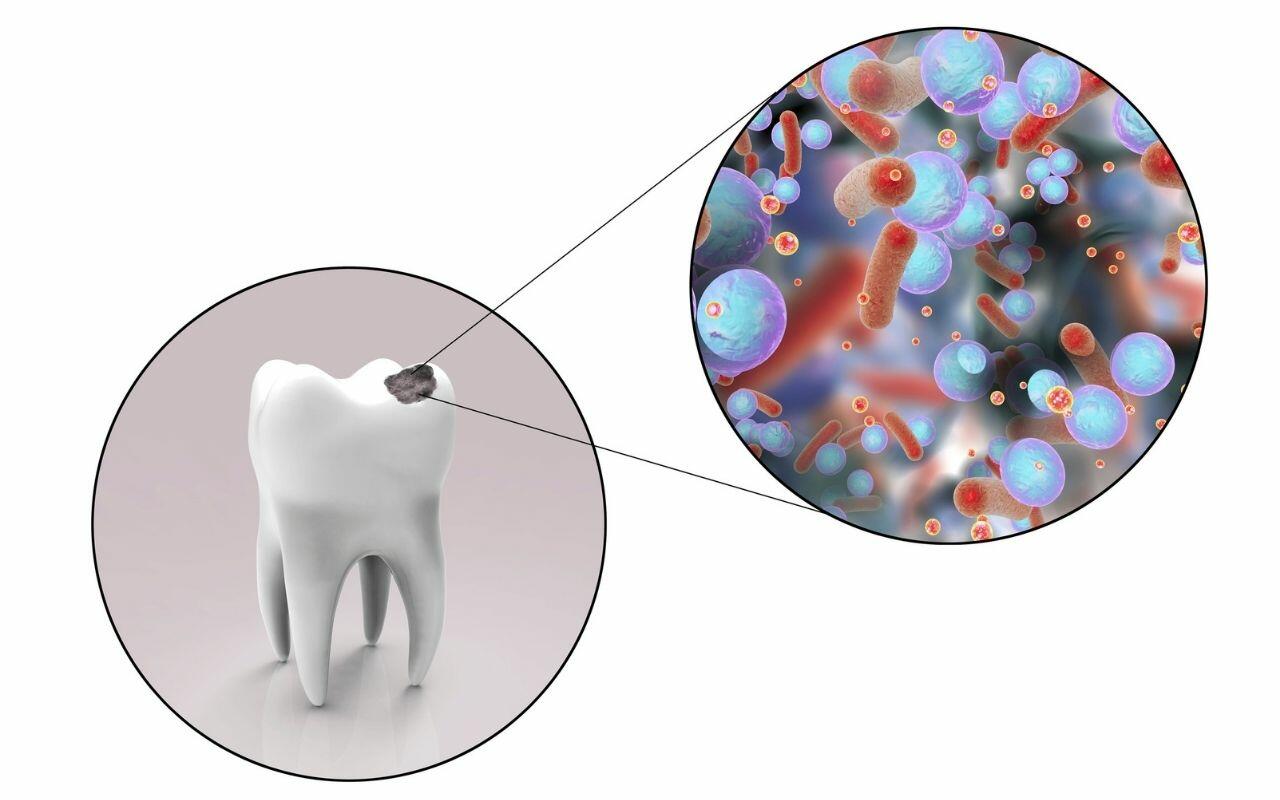
Imbalanced microbiomes and dysbiosis increase the risk for tooth decay, cavities, and gum disease. Because your mouth can contain “pathogenic” bacteria if your microbiome isn’t healthy and balanced, bad bacteria can cause issues. If you have a healthy microbiome you are less likely to experience issues like gum disease or decay because you have more healthy bacteria to counteract the bad bacteria.
Signs Of Poor Microbiome Health
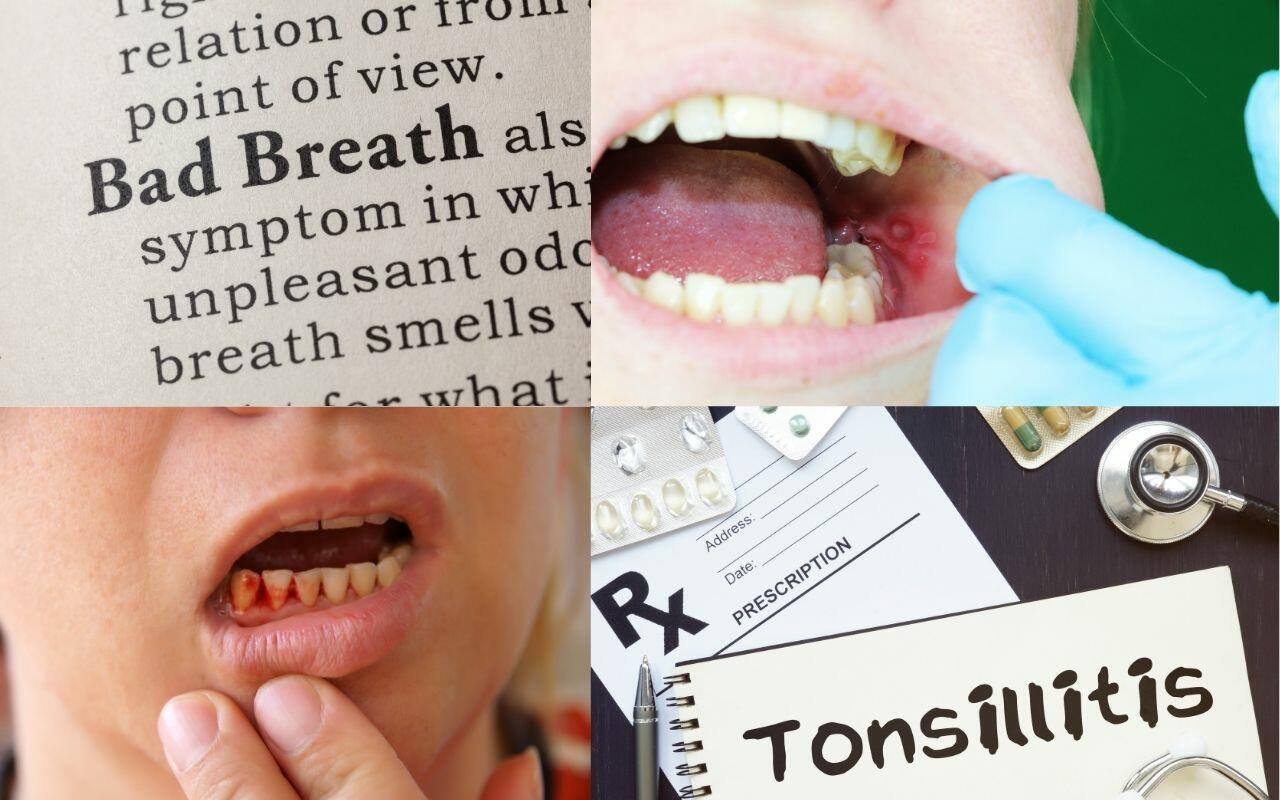
The signs of poor microbiome health include:
- Thick, sticky plaque buildup
- A noticeable film on your teeth in the morning
- Bad breath
- Bleeding and/or receding gums
- Teeth sensitivity
- Ulcers of the mouth
- Oral thrush
- Gum disease including gingivitis and periodontitis
- Tooth decay
- Endodontic infections
- Frequent tonsillitis
- Frequent respiratory infections
Additionally, patients with heart disease, stroke, and certain types of cancer often suffer from dysbiosis.
We can help you maintain oral homeostasis with regular checkups, professional cleanings, and ongoing recommendations for the most effective oral care products. We will identify issues with your brushing and flossing and offer tips on how to improve your technique.
For more information, call today to schedule an appointment at 905-775-5307 or click here to request an appointment.
